Due to an age of acceleration, work worries and financial strain, Millennials are now being labelled the burnout generation (1).
Millennials are finding themselves in a dilemma where they feel the need to be on the go and working continuously, just to keep on top. This is driven by them being always available online, leading them being reachable wherever, whenever, giving way to feelings of exhaustion, stress and anxiety – some of the initial signs of burnout.
Research has indicated that 1 in 5 are currently at risk (2). While 49% of those aged 18-24 experienced high levels of stress due to the constant need to compare themselves to others (3). Work is considered one of the main driving forces behind this, yet social media also contributes due to the constant pressure to show you are “living your best life” (4).
Inevitably, when the pressure is relentless, their goals feel unattainable, and the work-life plate spinning never ceases to slow down – this is when the detrition starts to happen.
This is leading to a backlash of “a culture of constant optimisation”, and instead a desire for objective free activity is being sought (5). People are now looking for any opportunity to slow down and reset in order to maintain a healthy mind and body. This has given a rise to fun and/or relaxing activities in order to boost wellbeing (5). This includes wellness, meditation and sleep apps (6), such as Calm and Headspace.
We have also witnessed brands tapping into this space, creating calm, relaxed atmospheres for their customers. For example, skincare brand Origins, provided spaces for their shoppers to sit down in order for them to have a more leisurely experience (7).
It will be interesting to see how other brands and the media adapt and account for this. For example, we may see a rise in demand for more light options, such as Lite media (e.g. the likes of Love Island), where deep thought and concentration are not required – alternatively it offers the chance relax and slow down to a more leisurely pace (5).
1. https://www.buzzfeednews.com/article/annehelenpetersen/millennials-burnout-generation-debt-work
2. http://https//hbr.org/2018/02/1-in-5-highly-engaged-employees-is-at-risk-of-burnout
3. https://www.mentalhealth.org.uk/statistics/mental-health-statistics-stress
4. https://www.bbc.co.uk/bbcthree/article/c384d54a-0116-437f-83e8-ddbca65b6c06
5. https://ffonline.foresightfactory.co/content/light-relief-copy
6. https://www.nbcnews.com/tech/tech-news/consumers-see-wellness-apps-way-meditate-improve-sleep-investors-see-n985011
7. https://hbr.org/2018/12/the-growing-business-of-helping-customers-slow-down
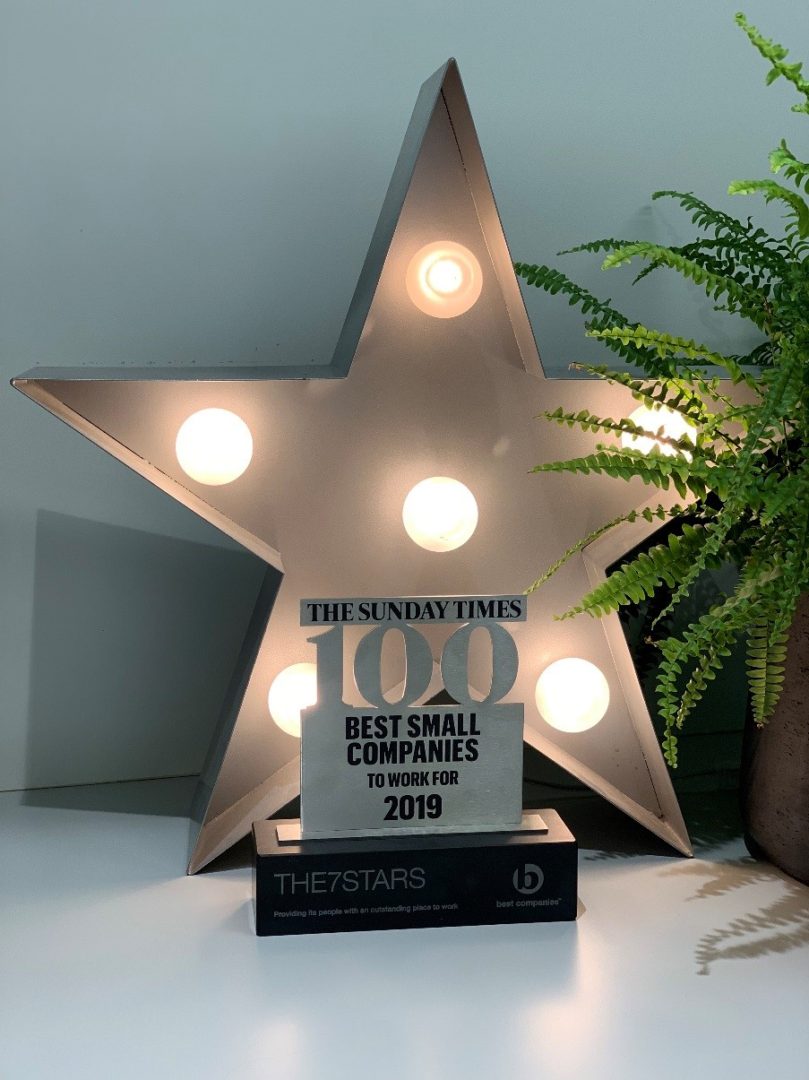


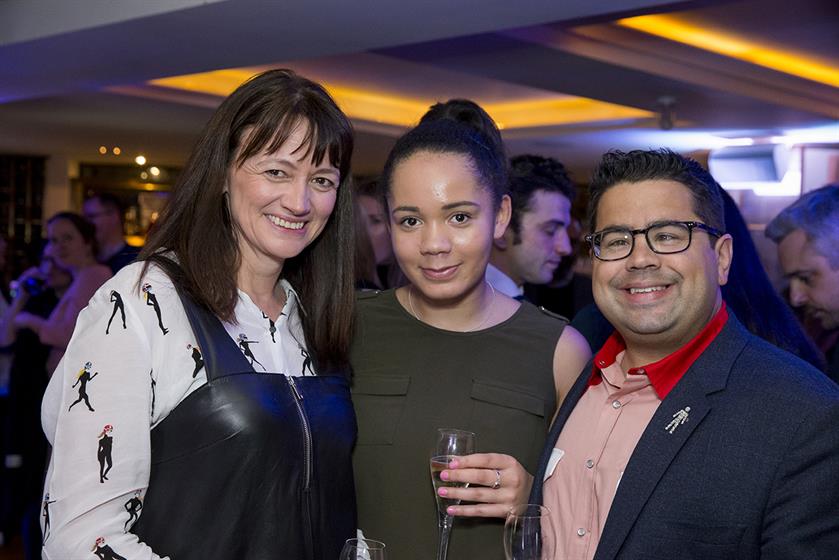
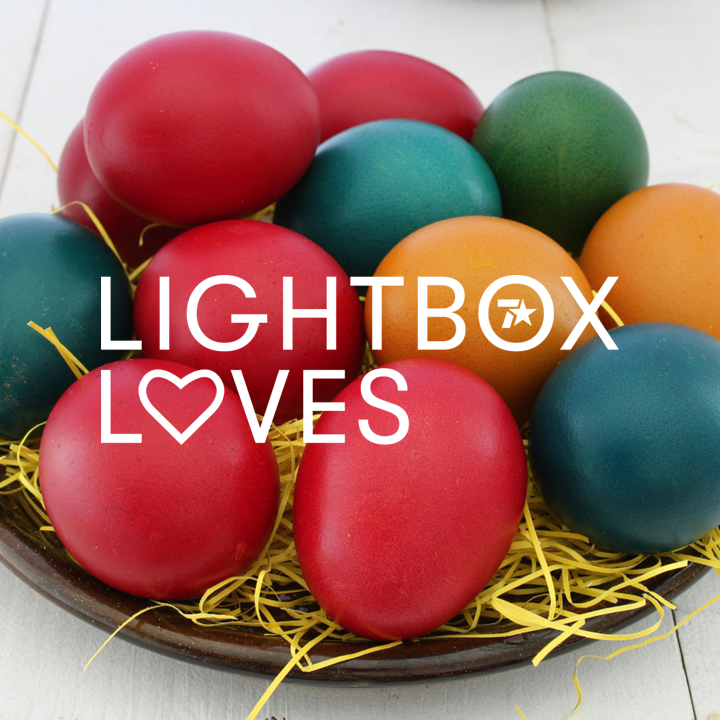
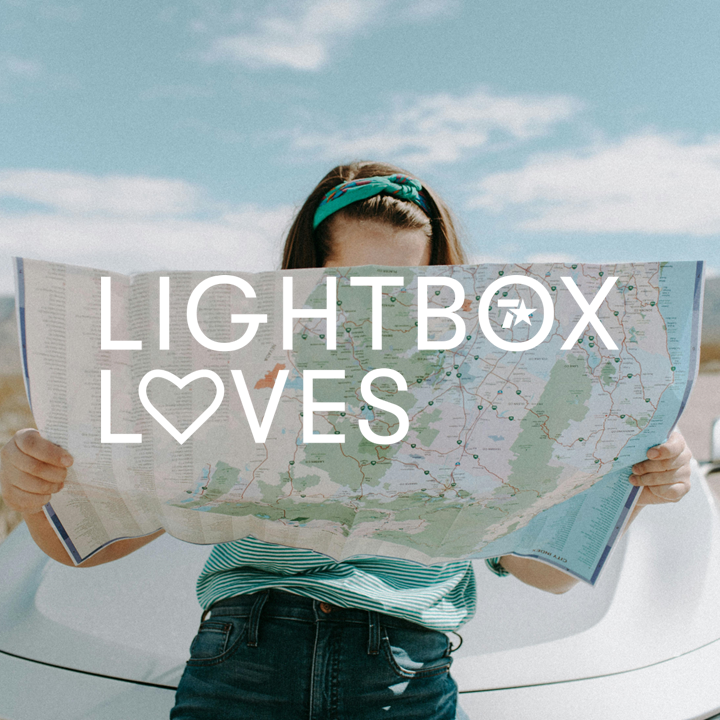
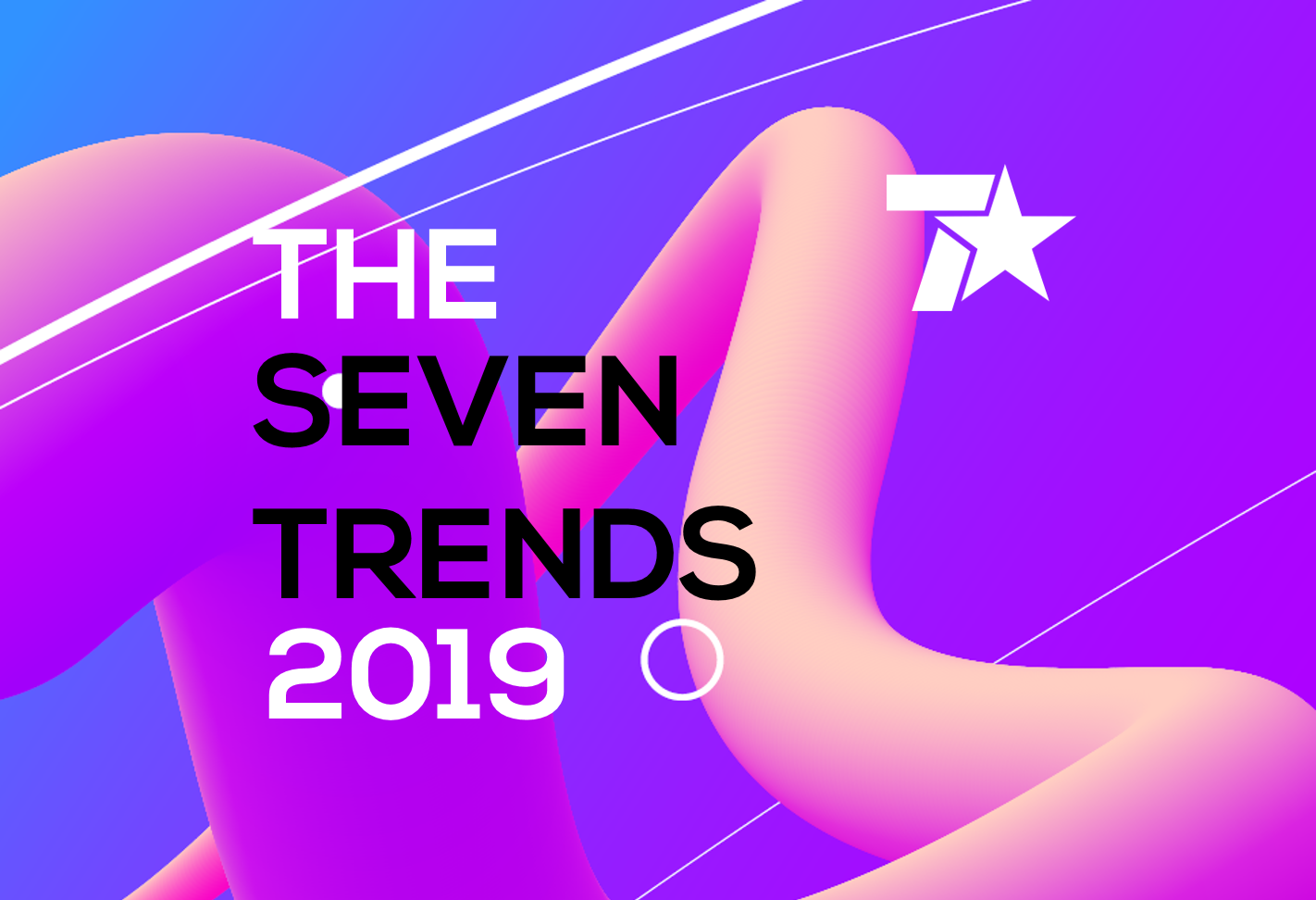
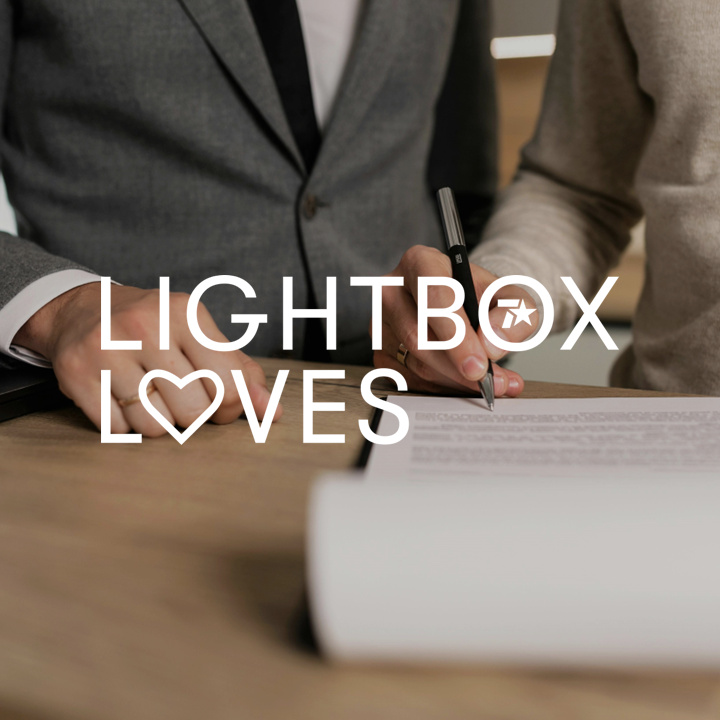
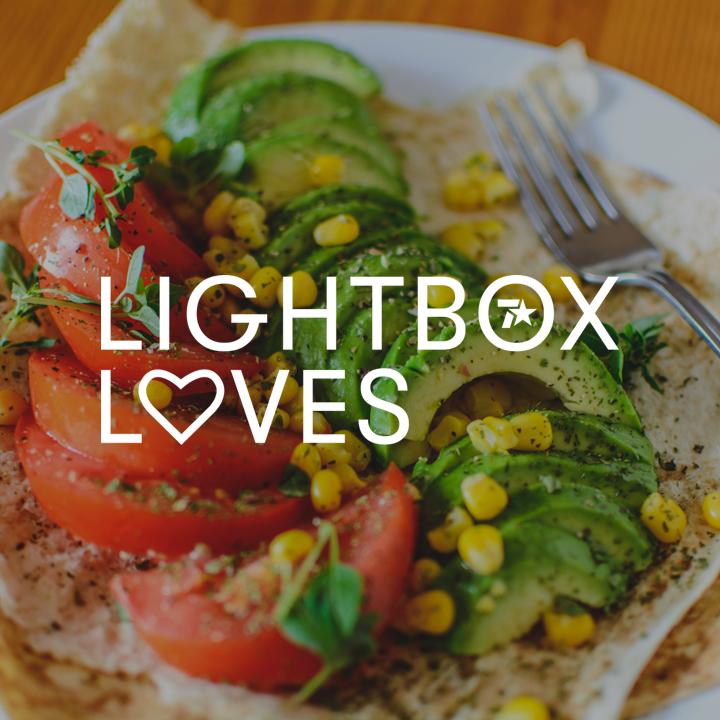

Recent Comments